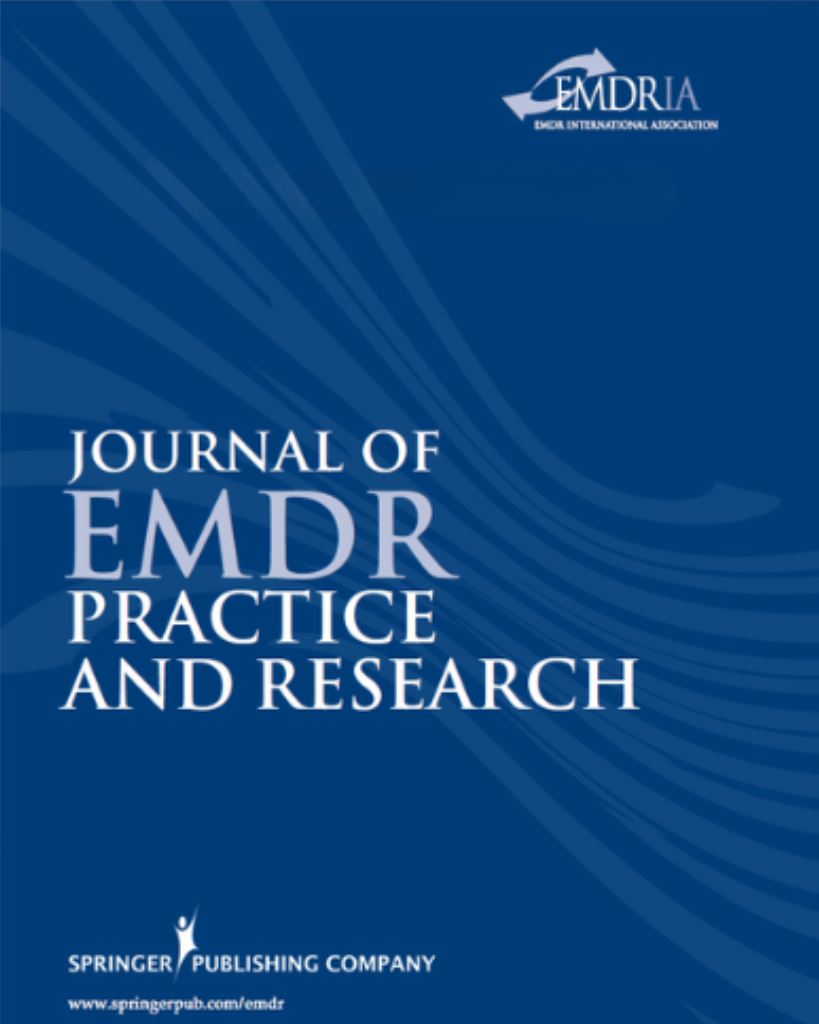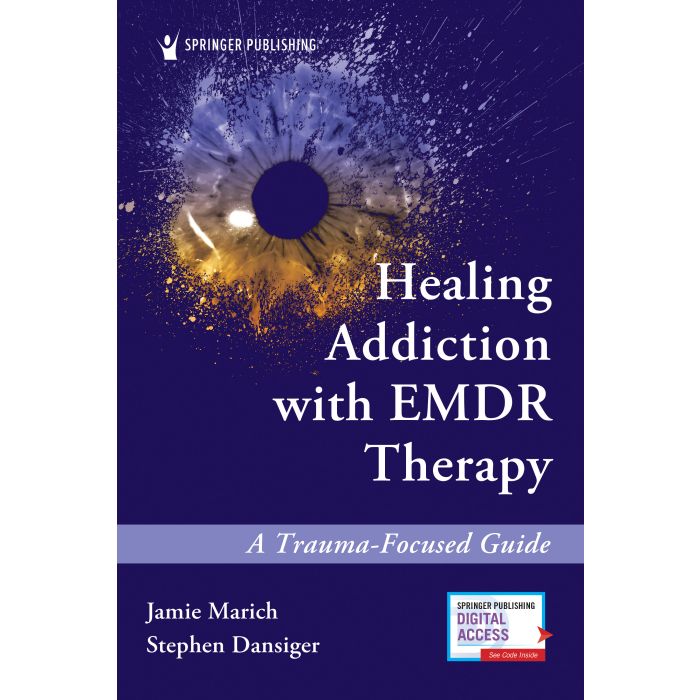Eye movement desensitization and reprocessing in addiction continuing care: A phenomenological study of women in recovery
Ten women participated in a semistandardized interview to share their experiences with active addiction, treatment, EMDR therapy, & recovery.
Article Abstract
“Traditional models of addiction treatment and relapse prevention fail to consider the role that unresolved trauma plays in an addicted woman’s recovery experience. Implementing Eye Movement Desensitization and Reprocessing (EMDR) into the treatment process offers a potential solution to this problem. Ten women (alumnae of an extended-care treatment facility) participated in a semistandardized interview to share their experiences with active addiction, treatment, EMDR therapy, and recovery. With the use of A. P. Giorgi’s descriptive phenomenological psychological method for analysis, four major thematic areas emerged from the interview data: the existence of safety as an essential crucible of the EMDR experience, the importance of accessing the emotional core as vital to the recovery experience, the role of perspective shift in lifestyle change, and the use of a combination of factors for successful treatment. All 10 women, to some degree, credited EMDR treatment as a crucial component of their addiction continuing-care processes, especially in helping with emotional core access and perspective shift. Implications emerge from the data on how to best implement EMDR into a comprehensive addiction treatment program.”
—Description from publisher
Article Access
Purchase/Subscription Required
Marich, J. (2010). Eye movement desensitization and reprocessing in addiction continuing care: A phenomenological study of women in recovery. Psychology of Addictive Behaviors, 24(3), 498–507. https://doi.org/10.1037/a0018574
Date
September 1, 2010
Creator(s)
Jamie Marich
Topics
Addictions
Extent
10 pages
Publisher
American Psychological Association
Rights
Copyright © 2010, American Psychological Association
APA Citation
Marich, J. (2010). Eye movement desensitization and reprocessing in addiction continuing care: A phenomenological study of women in recovery. Psychology of Addictive Behaviors, 24(3), 498–507. https://doi.org/10.1037/a0018574
Audience
EMDR Therapists, Other Mental Health Professionals
Language
English
Content Type
Article, Peer-Reviewed
Access Type
External Resource





